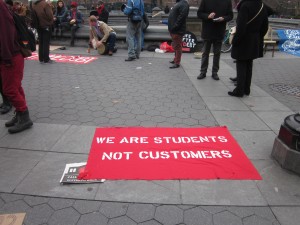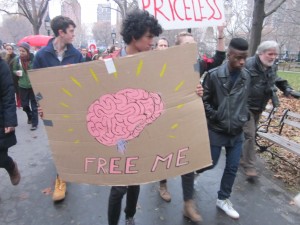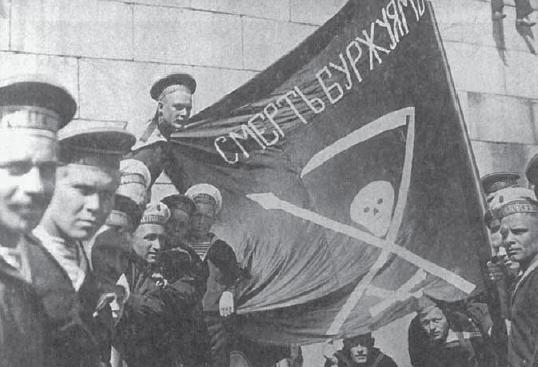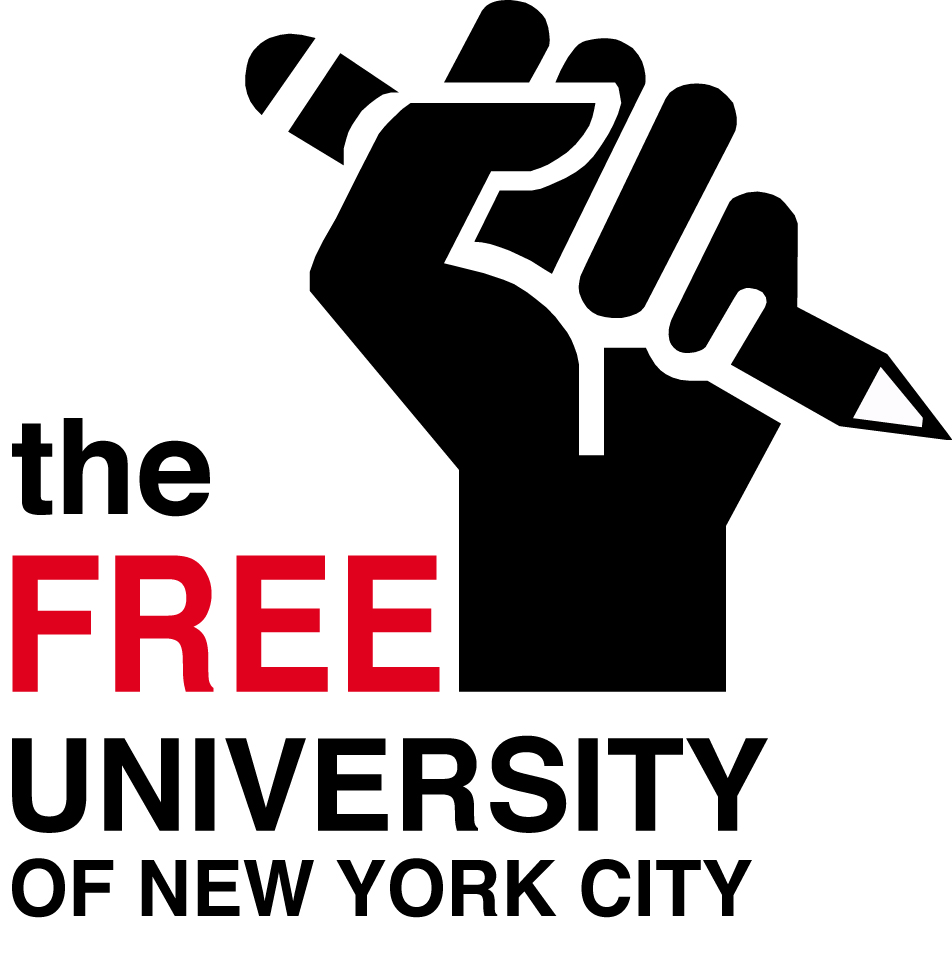This week, I attended two completely different lectures about divestment. I’m not a finance guy. I don’t really know anything about investment or divestment; indeed, I have never invested a dime of my money in anything (unless you include donations to radical organizations or contributions made to Kickstarter projects). But, as I learned this week, many of the organizations, corporations, and institutions we interact with—and sometimes even identify with, and sometimes put our own money into—invest. And it behooves us to “follow the money,” so to speak, and to seek greater participation in determining exactly how and where our money is spent. Continue reading
A Tale of Two Divestment Campaigns
Comments Off on A Tale of Two Divestment Campaigns
Posted in Blog Post
Tagged academic freedom, climate change, divestment, environment, Israel, Palestine, racism
Be the MOOC resistance
Yesterday I was blindsided by an email. It was from the Provost of our university (where I am both a graduate student and a teaching assistant). The email began with this ominous line: “the rampant emergence of massive open online courses (MOOCs) are creating the perception of a game-changing, disruptive educational approach that has the potential to transform both access to education as well as the methods we use to teach our own students and the world.” It went on to say other things, but let’s stick with this troubling sentence for a moment.
First of all, the Provost has done an excellent job scaring students and faculty. MOOCs are “rampantly” “emerging,” he says. This makes it sound like MOOCs possess an agency all their own, as if they are rising up out of the shadows to take control of our universities. In other words, the sentence does not identity the true agents behind the “rampant emergence” of MOOCs: on the one hand, wealthy, private, and prestigious universities like Stanford and MIT; and, on the other hand, for-profit corporations like Coursera, and get this, even a for-profit company founded by a Stanford University professor, Udacity. The university-industrial complex in all its glory.
The point is: it’s not just that MOOCs appeared out of nowhere. They are the product of certain people with certain ideas (and entrepreneurial ambitions), and we must take a critical look at their motivations. Continue reading
Minutes: January 27, 2013
These meeting notes were put together and submitted by Matthew Bissen, who will be facilitating the next meeting (email him to be in contact with him regarding the next meeting).
Next Meeting
February 10th
1:00 – 3:00 pm
60 Wall Street
Facilitator: Matthew
From all of the below a few initiatives were put forth and have begun:
working groups
Outreach working group
Video/audio/image archive working group
Alt budget project working group
How to build a FreeU manual working group
Finding a space working group
Continue reading
Comments Off on Minutes: January 27, 2013
Posted in Minutes
The “State” of Higher Education
Here in New York, we are in the midst of a heated debate over “academic freedom.” The Brooklyn College Students for Justice in Palestine, a student club, has organized an event for Thursday, Feb. 7, to discuss the Boycott, Divestment, and Sanctions (BDS) movement. BDS is a non-violent movement against the Israeli occupation of Palestine.
In recent weeks, numerous ideologues and politicians in and outside of our city have come out in opposition to this event. Specifically, what many oppose is the “sponsorship” of the event by the college’s Political Science department. Others contend that even just by providing space for this event without providing equal space to those with opposing viewpoints—a spurious charge easily refuted by college officials and faculty who have rolled off their tongues the names of pro-Israel speakers invited to speak at the college—that the college administration itself, even the college president, are guilty of “endorsing” the views of the BDS movement.
The Free University of NYC has not formally weighed in on this debate. What I’d like to point out here, then, is the diversity of views that many of us hold regarding one central actor in this debate: the state. Continue reading
Comments Off on The “State” of Higher Education
Posted in Blog Post
Tagged academic freedom, public education, the state
“Like a Free U, But in a Church”: The People’s Recovery Summit
Several of us in the Free University of NYC have also been involved with the People’s Recovery Summit, a three-day happening at The Church of St. Luke and St. Matthew in Brooklyn this weekend (Feb. 1-3). Conversations at the Summit revolve around five themes: Education, Environment, Economics, Organizing, and Wellness. The overarching question is: in the wake of Hurricane Sandy, how can we rebuild NYC in a way that is more just, more fair, and more democratic?
It is cold inside the church, but the presence of so many warm bodies eases the chill. Downstairs, breakfast, lunch, and dinner are served and shared in a large community dining room. The People’s Library (still overflowing with books from Occupy Wall Street) is here. Continue reading
Comments Off on “Like a Free U, But in a Church”: The People’s Recovery Summit
Posted in Blog Post
Tagged occupy sandy, people's recovery
What Can We Learn From History? The Russian Revolution
At the most recent general meeting of the Free University of NYC (last Sunday), some expressed the need to contextualize our movement within a larger history of free education movements in the United States and around the world.
Perhaps this blog is as good a place as any to start such a conversation. What can we learn from history? What are particularly meaningful, inspiring, or problematic models in the history of free education?
Sharing and Struggling with Ideas
This is an invitation. An invitation to share words, photo and video. To share knowledge and critiques. To share advice and questions, doubts and dreams.
This is an experiment. What is the “Free University”? What does “free education” mean? And what are we willing to do to make it a reality? Continue reading
Comments Off on Sharing and Struggling with Ideas
Posted in Blog Post
The Free University of NYC Stands in Solidarity with The Students for a Free Cooper Union
We, The Free University of NYC, openly support the Cooper Union student occupation. We believe that Cooper Union and all education should be free!
We recognize the occupation of the Peter Cooper Suite by The Students for a Free Cooper Union as a vital effort to defend access to a free education for future generations. Their occupation serves as an inspirational, positive, and productive example of resistance in the broader struggle for affordable education in NYC and around the world.
We see clear connections between the struggles students at Cooper Union face and the those of students across New York City. The lines between private and public education in this city have separated us for too long. We will not be divided by institutions, claims to prestige, or profit margins. Public schools are becoming clandestinely privatized, while private schools are increasingly run and financed by our collective student debt. Our grievances are connected and our struggle is necessarily collective. Continue reading
Posted in Blog Post, Solidarity Statements
Minutes: September 30, 2012
[gview file=”http://opencuny.org/freeuniversity/files/2013/02/FreeUMinutes-093012.doc” save=”1″]
Comments Off on Minutes: September 30, 2012
Posted in Minutes
Minutes: September 21 2012
[gview file=”http://opencuny.org/freeuniversity/files/2013/02/FreeUMinutes-092112.doc” save=”1″]
Comments Off on Minutes: September 21 2012
Posted in Minutes






